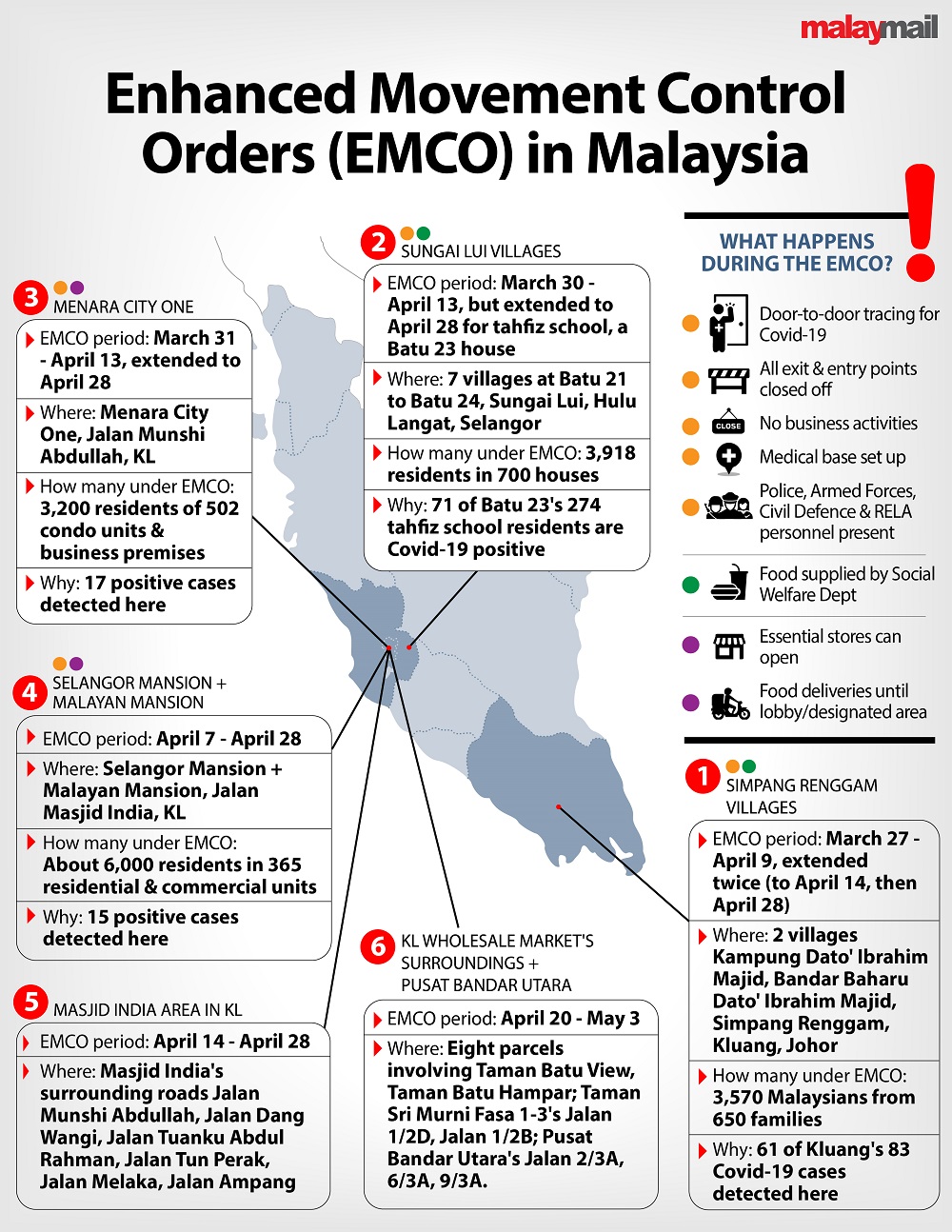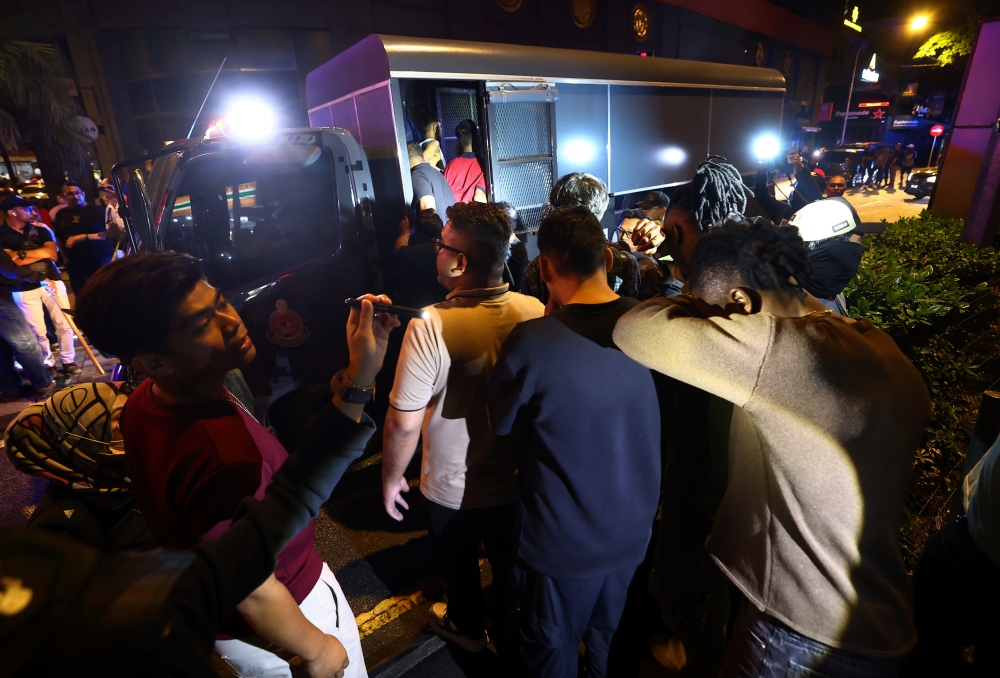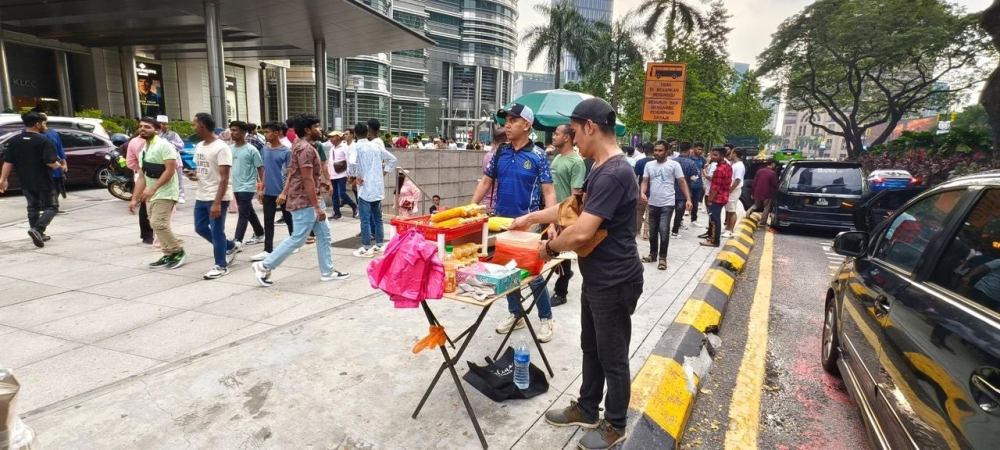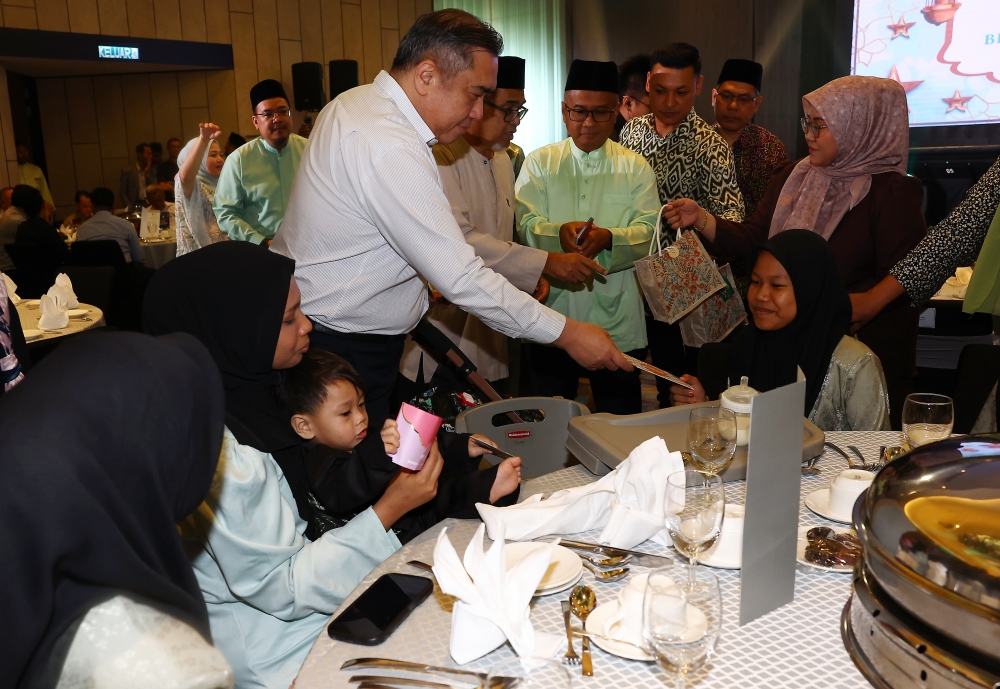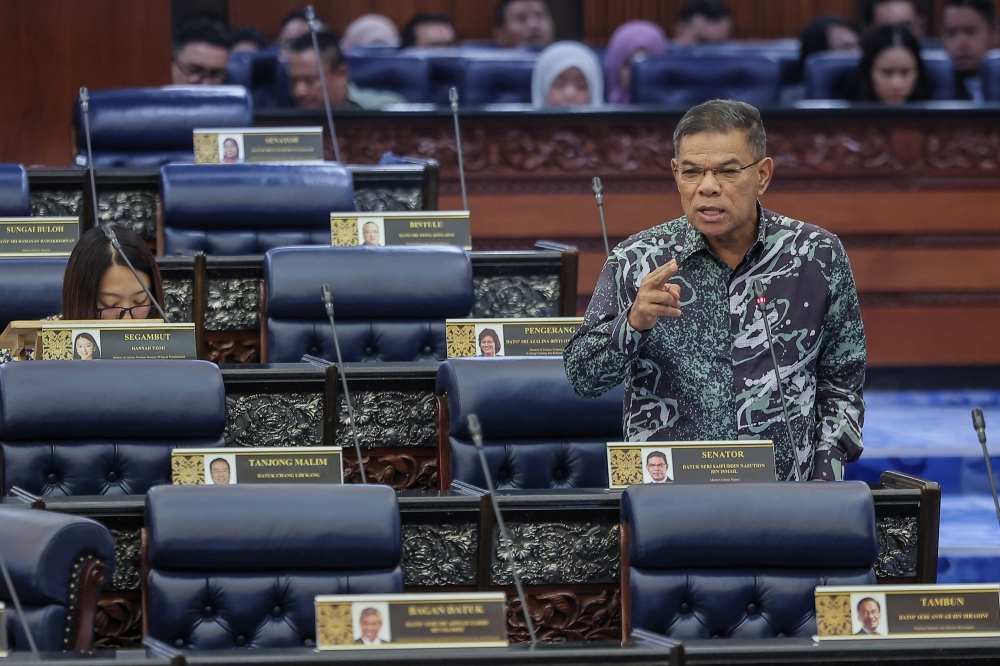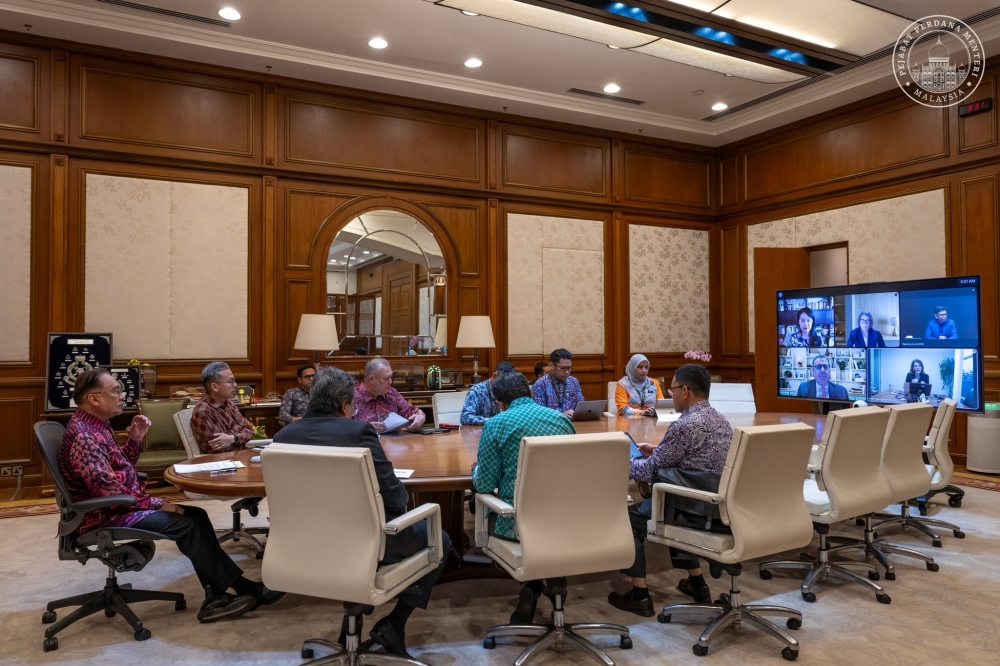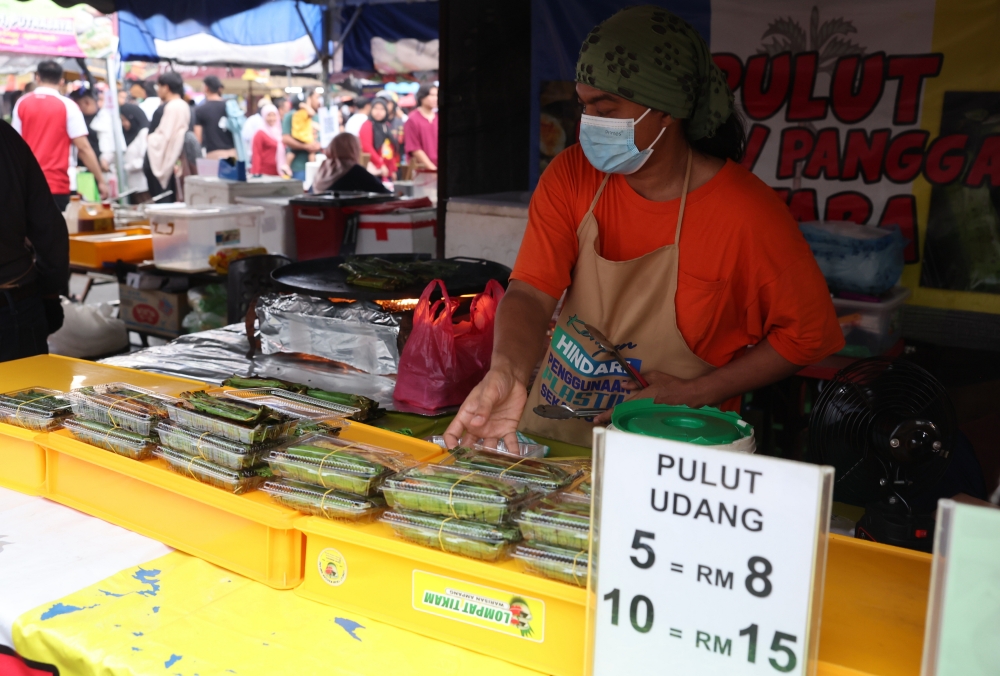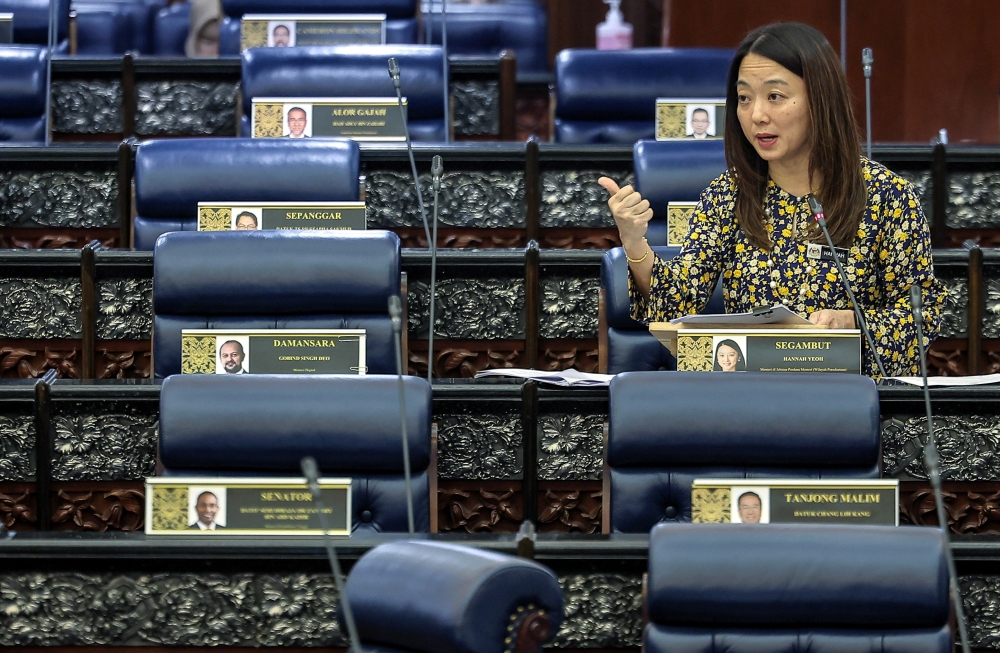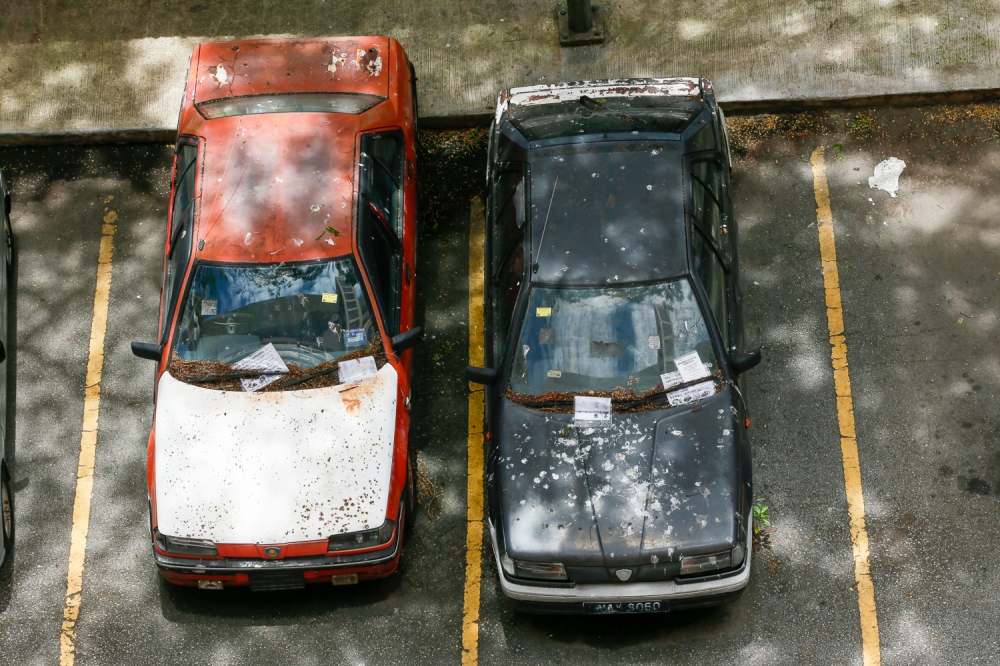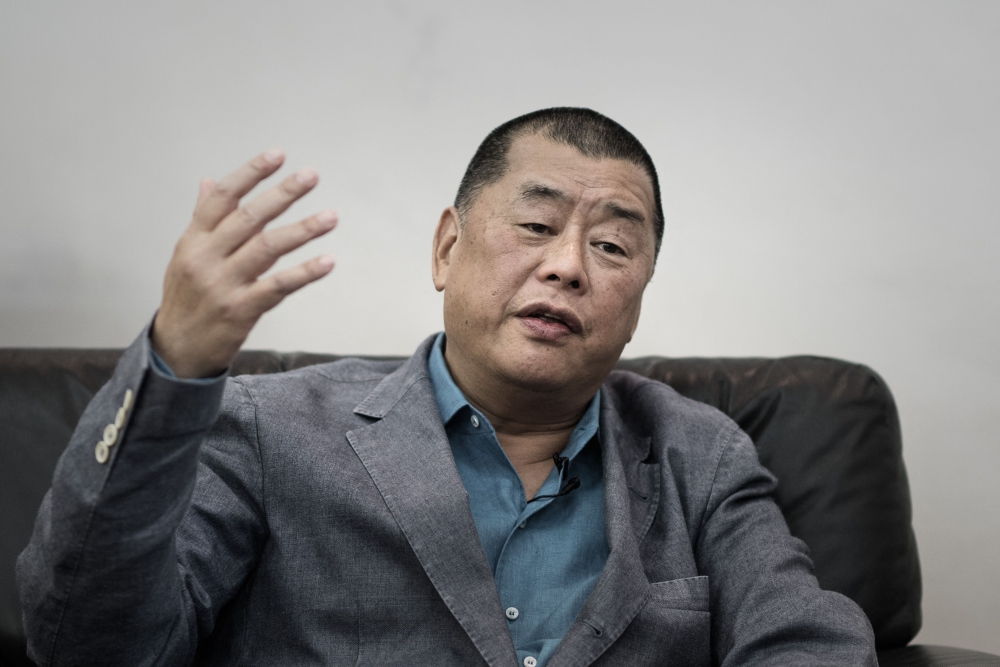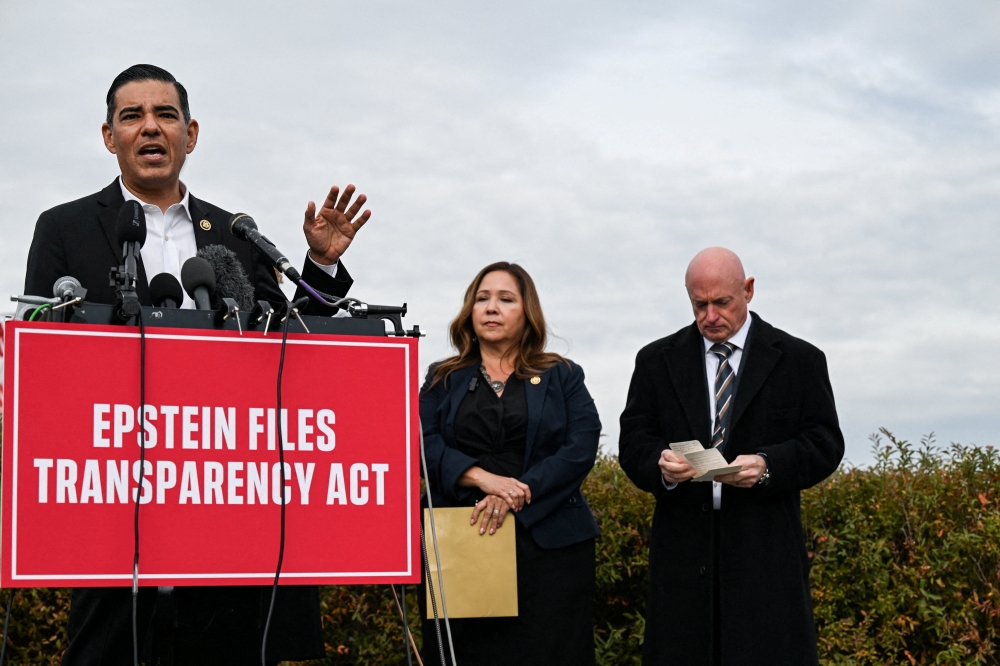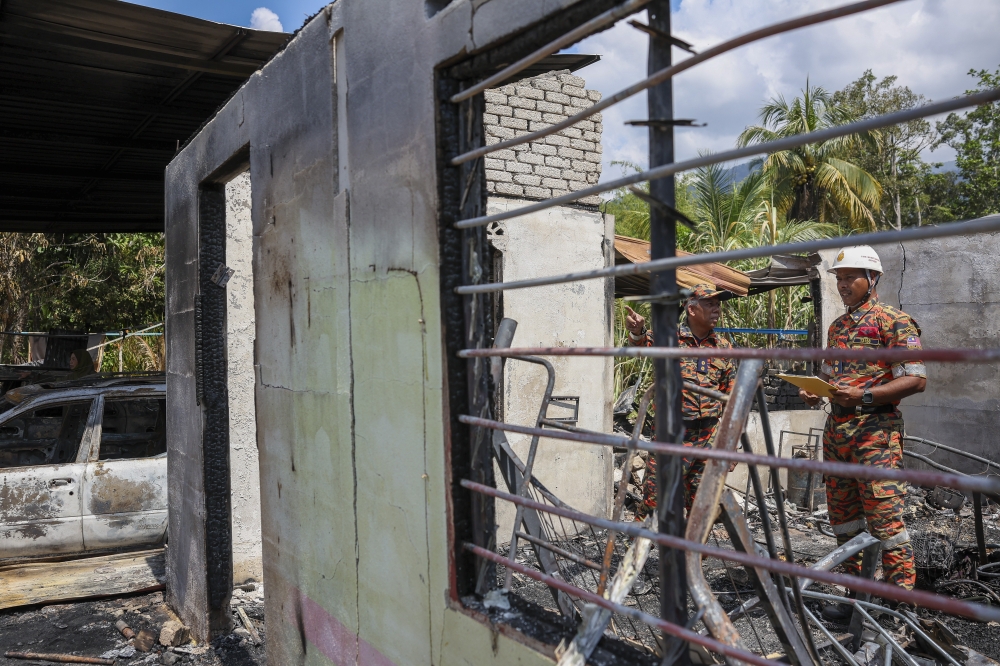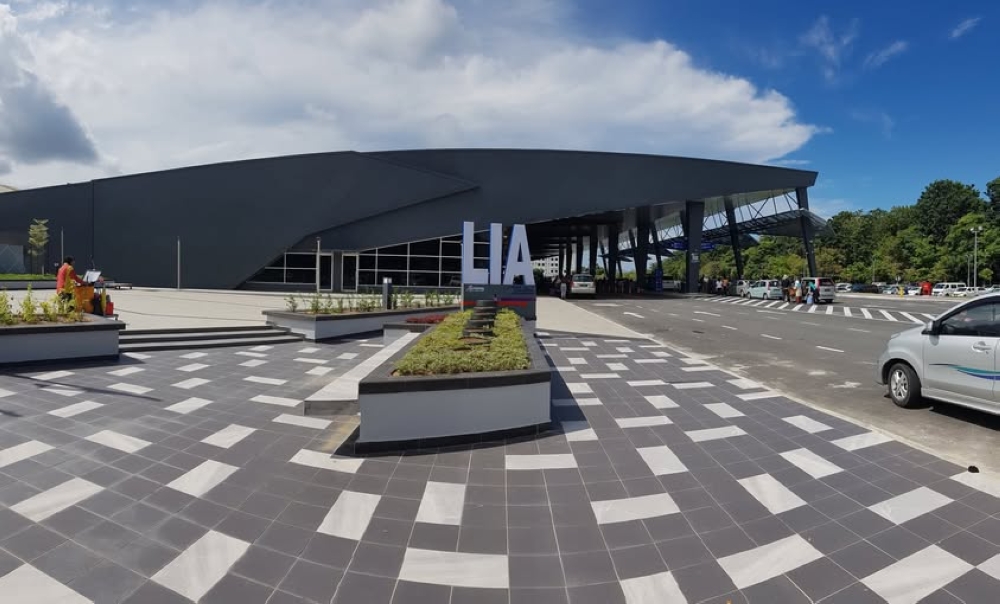KUALA LUMPUR, April 23 — Selayang wholesale market trader Ooi Gaik Seng is not sure if he can resume business even if the enhanced movement control order (EMCO) is lifted by May 3.
Ooi said this was due to the wholesale market’s dependence on foreign workers.
“Without the foreign workers, who is going to help us carry the crates of vegetables and other fresh produce from the lorry to our stalls?
“I’m not even sure if I can resume business tomorrow. None of the foreign workers are allowed into the wholesale market now,” he told Malay Mail.
Dependence on migrant workers
Ooi, who has been in the business for 20 years, said traders would not be able to carry heavy crates of fruits, vegetables, fish and poultry on their own.
“Especially the older traders, we don’t have the strength. And when we can’t do that on our own, it’s as good as staying shut until the foreign workers are allowed to work again,” he explained.
On Monday, eight parcels of residential areas surrounding the Selayang wholesale market were slapped with the EMCO to prevent further spreading of the novel coronavirus.
The EMCO was enforced with the exemption of the wholesale market.
However, hours after the order was announced, the government issued a last-minute order to shut the wholesale market as well, to make way for screening exercises and sanitisation works.
The government has since decided that the wholesale market can resume operations on Friday.
Ooi is also worried that the government will change its mind again and cause another round of losses, especially if he has to turn away lorries ferrying daily supplies of about 200 crates of different types of vegetables.
“It was very confusing, and it resulted in some of the lorry drivers missing out on the notice.
“Some of them arrived at the market but were not allowed to enter. So what I did was just pay them for the losses.
“But I can’t afford to face the same situation again this Friday. I would rather stay closed,” he added.
Currently, the foreign workers are undergoing Covid-19 screenings. “And if they are tested positive they will have to be treated. Even after they recover, they still need to be quarantined until they are certified healthy to work again.
“I don’t think they can return to work even after the EMCO period is over,” said Ooi.
Local manpower needed
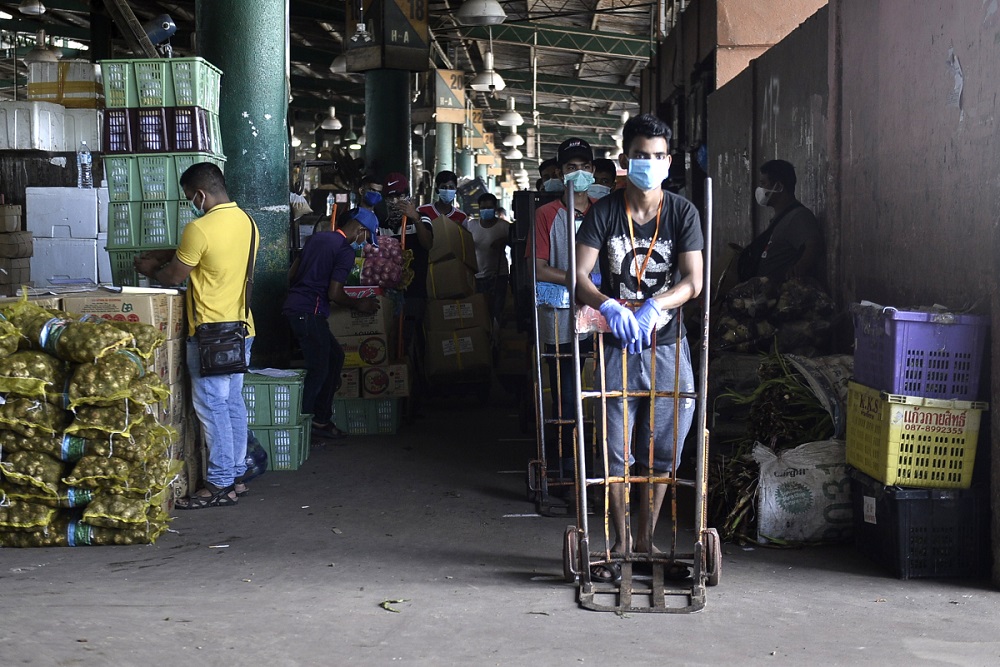
When asked what can be done to remedy the absence of foreign workers, Ooi said one solution would be to hire local workers.
“But local workers are hard to come by. Even when we pay them a basic salary following the minimum wage (RM1,200 to RM2,000) they are unwilling to work in the market.
“I came across a local worker many years back who would rather take a pay cut in exchange for an air-conditioned working environment. Back then we paid the worker RM1,300 but he took another job at RM700 — for air-conditioning,” he said.
Ooi said that was why everyone at the wholesale market started hiring foreign workers who were willing to work long hours and in non-air-conditioned surroundings.
“We used to have many local workers, but often there were fights due to misunderstandings.
“We have had incidents where traders were assaulted by their local workers and so we stopped hiring them altogether,” he said.
Federation of Vegetable Sellers Association Malaysia president Chong Tek Keong said no locals are willing to work at the market because they say “it is dirty and smelly.”
“They are not willing to work long hours. We started hiring foreign workers more than 14 years back, partly because there were many refugees and they needed jobs.
“In a way we sympathise with them too,” said Chong.
He also urged Malaysians who have lost their jobs during the MCO to work at the wholesale market.
“We are hearing that many lost their jobs during the MCO, right? Please come and work for us, we have many vacancies to be filled,” said Chong.
He said another reason why locals refused to work at the market was their unwillingness to work alongside foreign workers.
“Last time, this was an issue. Well, the migrants are not around now, so come and work for us,” said Chong.
He added that traders are willing to pay part-time wages at RM100 per day or per shift (12 midnight to 8pm or 10am to 6pm).
Shortage of vegetable and fish
Chong warned that if the wholesale market cannot run on full capacity, there is risk that there would be shortage of vegetables and fish.
“I’m worried about leafy vegetables because you can’t keep them. You also need to harvest them at the right time otherwise they are not edible.
“And for fish, customers don’t want to buy frozen fish. But if we don’t have enough manpower at the market, we can’t function. There will be wastage if we go ahead and order them and risk not being able to handle transporting them into the market,” Chong explained.
Currently, Chong said all traders and workers must obtain a special pass in order to enter the wholesale market.
He explained that one can only get the pass once they have tested negative for the coronavirus.
“This includes foreign workers and even lorry drivers,” he said.
When asked what can be done to address this shortage, Chong joked, “Just eat Maggi (instant noodles) or canned food for a while. It will be alright lah.”
No need to panic
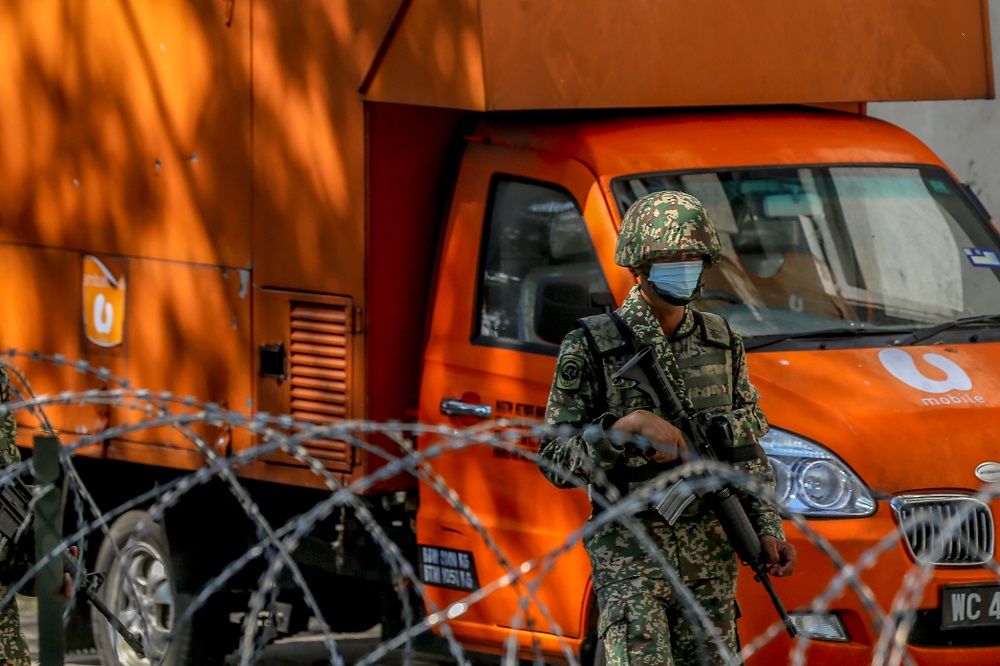
Meanwhile, Kuala Lumpur Vegetable Wholesalers Association president Wong Keng Fatt said although fresh produce may not be adequately distributed to smaller supermarkets, consumers can still get their produce at hypermarkets.
“The wholesale market will not be in full capacity this Friday. Only 114 stalls will be opened.
“But we are trying to arrange for lorries to send orders directly to the hypermarkets (such as Tesco, Giant, Econsave and NSK), instead of the hypermarkets coming to collect from us at the wholesale market.
“This will help ensure that there is still fresh produce available for consumers in the Klang Valley,” he said when contacted.
He, however, said the number of stalls are not fixed and could be fewer depending on whether traders are willing to come back during this EMCO period.
Wong also said that traders are prepared to face lower customer turnout in the weeks to come, due to fear of the coronavirus.
“This is expected as positive cases were detected among workers at the market. Of course people are scared and worried.
“But the wholesale market has been sanitised and we have put safety precautions in place since the beginning of the outbreak,” he said.
According to Wong, everyone who enters the market must wear a face mask and gloves, and traders have placed hand sanitisers for customers at every stall.
“All workers and customers will also have their temperatures checked before they enter the market premises,” said Wong.
